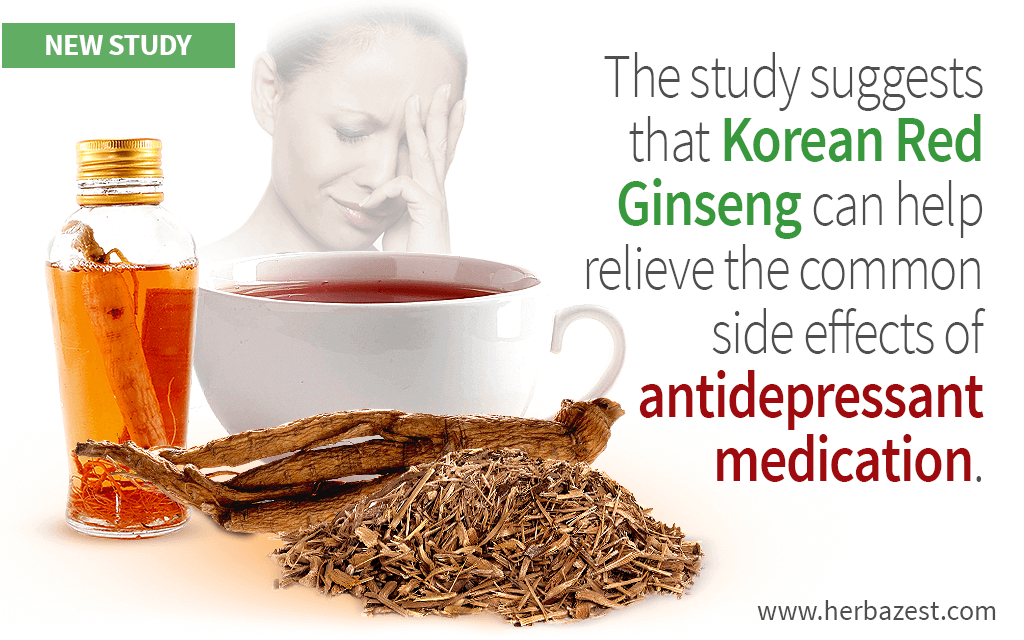Over 57% of patients who suffer from major depression can also experience 2 or more residual symptoms - that is, less severe but persistent symptoms that refuse to go away with treatment -, most often insomnia or appetite problems.1
In past studies, ginseng has sparked hope of being a valuable resource as an antidepressant, as results showed a clear potential for relief in animals and in patients with stress-related symptoms. A team of researchers in Seoul, Korea has decided to begin testing the effects of Korean Red Ginseng (a regional variety of Panax ginseng) in patients with residual symptoms of major depression.
The Study
For eight weeks, three grams daily of Korean Red Ginseng were given to 35 female outpatients aging from 18 - 65 years. These patients had been remitted from major depression with residual symptoms. Several scales were used in measuring the effectiveness of ginseng, including the Depression Residual Symptom Scale (DRSS), the Montgomery-Åsberg Depression Rating Scale (MADRS), the Clinical Global Impressions Scale for Severity (CGI-S), and the Depression and Somatic Symptom Scale (DSSS). Clinicians used these scales to evaluate both psychological and physical symptoms and to measure their severity.
The Results
At the end of eight weeks, participants in the study showed significant improvement on all four scales. Both depressive and bodily symptoms diminished, and the severity of the illness, measured objectively, also decreased.
What This Means
The results of this study inspire similar hope as past studies on ginseng - that relief from symptoms of major depression is not only possible, but available through a natural resource. Korean Red Ginseng could prove itself to be a vital, effective, and affordable addition to a regimen of other antidepressant methods, potentially minimizing the depression itself, as well as its residual symptoms.
However, more testing is required - especially larger studies that include a placebo-controlled group - before ginseng can be used confidently by patients with depression.
Other herbs with anxiolytic and antidepressant properties are St. John's wort, rosemary, and valerian.
Sources
- Asia-Pacific Psychiatry, Effect of Korean Red Ginseng as an adjuvant treatment for women with residual symptoms of major depression, 2014
Footnotes:
- Psychiatrist. (2013). Residual Symptoms in Major Depressive Disorder: Prevalence, Effects, and Management. Retrieved February 14, 2023, from: https://www.psychiatrist.com/pcc/depression/residual-symptoms-in-major-depressive-disorder-prevalence-effects-and-management-pcc/




